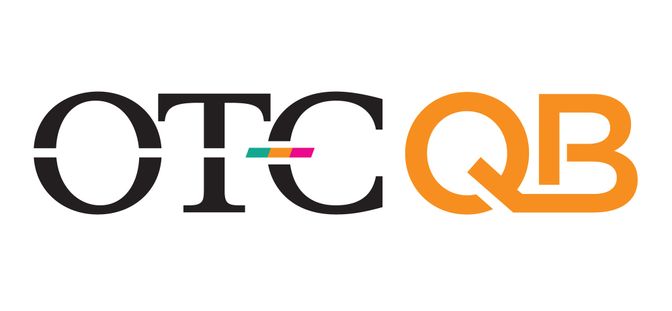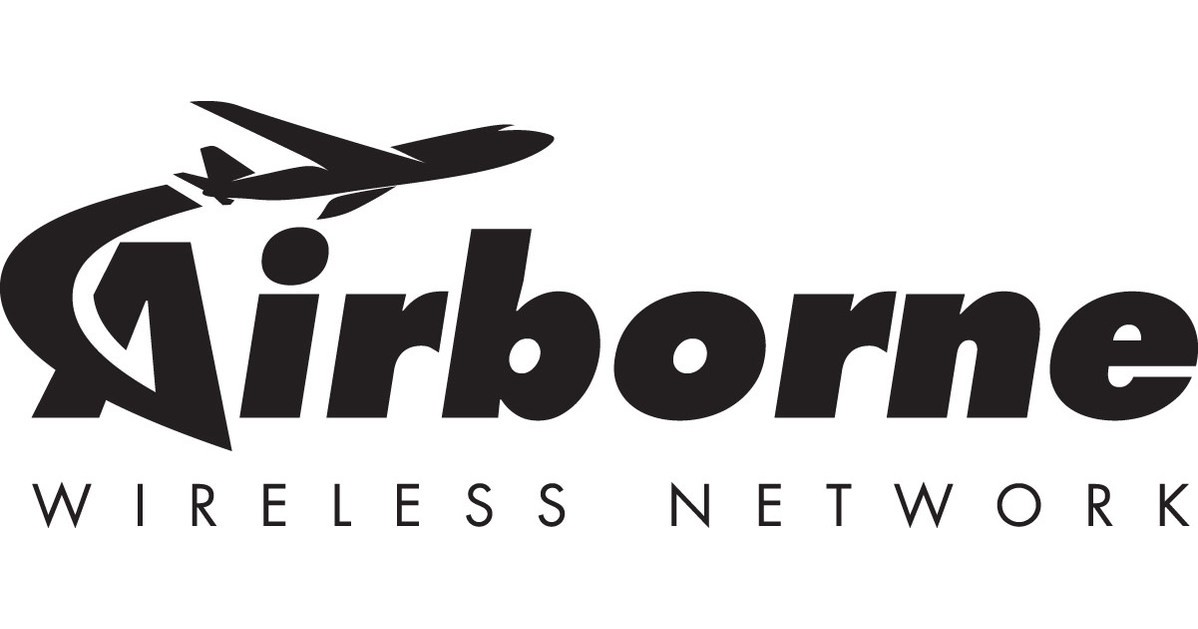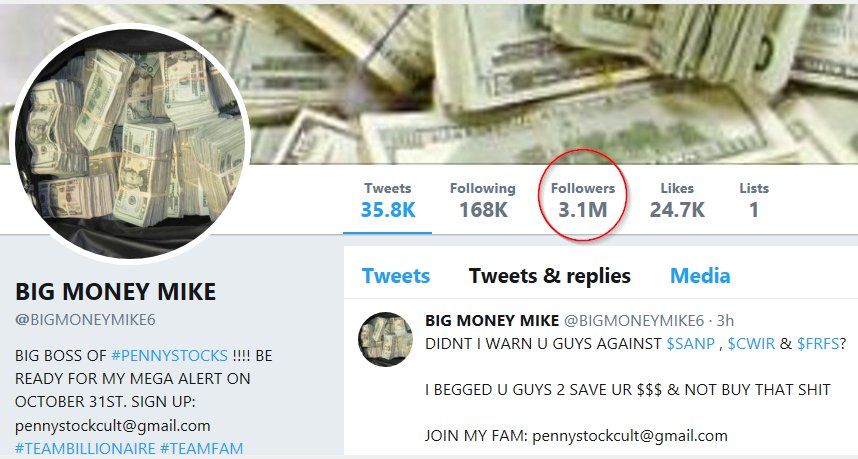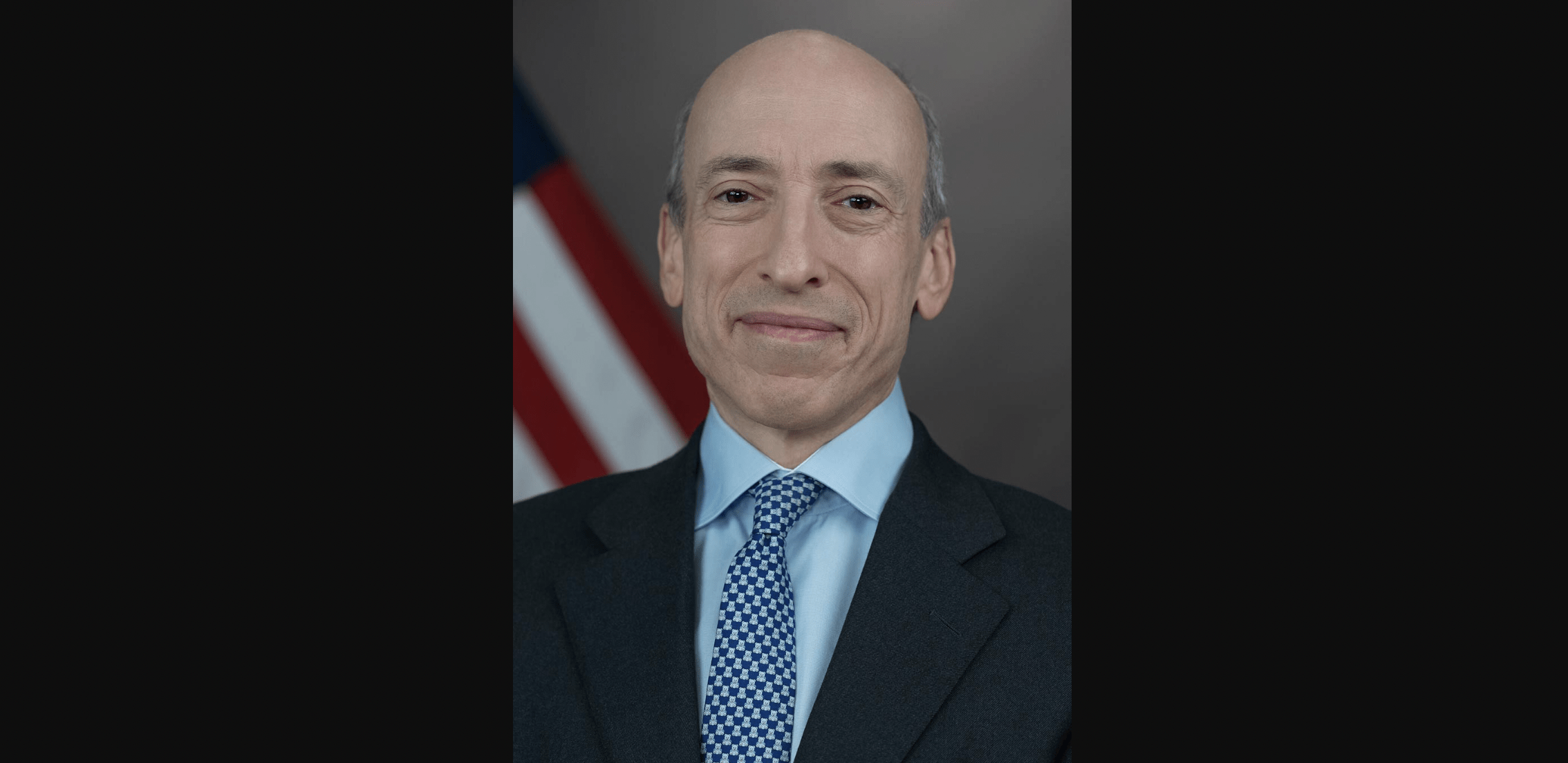In Jarkesy v. Securities and Exchange Commission, the US Court of Appeals for the Fifth Circuit held that the Securities and Exchange Commission’s (SEC) adjudication of fraud cases in administrative proceedings is unconstitutional
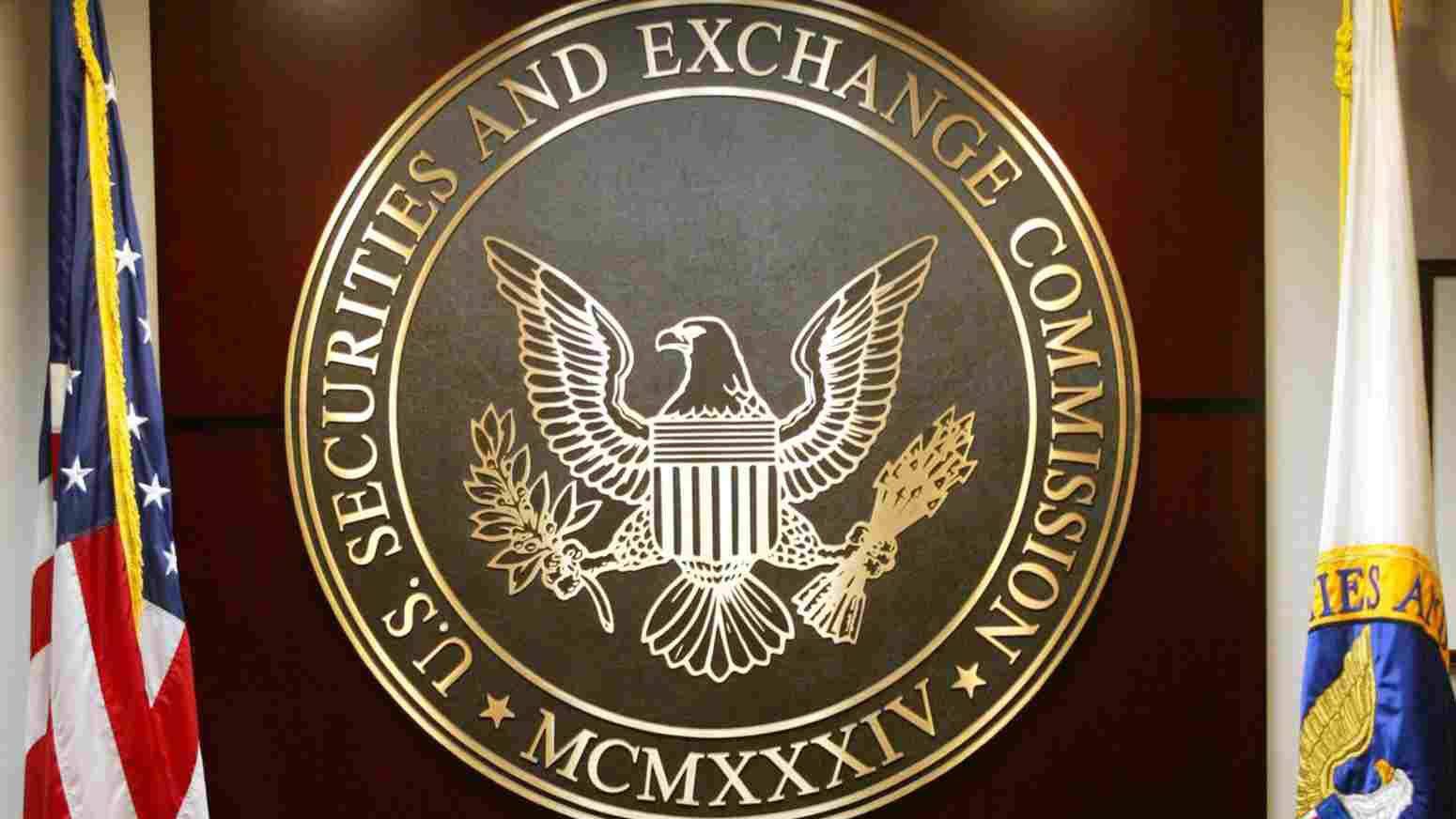
On May 18, 2022, the US Court of Appeals for the Fifth Circuit in Jarkesy v. Securities and Exchange Commission held that the Securities and Exchange Commission’s administrative proceedings adjudicating securities is unconstitutional.
On March 22, 2013, the SEC brought an enforcement action against hedge fund operator George R. Jarkesy, Jr. and Patriot 28, L.L.C (collectively “Jarkesy”)., alleging that they engaged in securities fraud under the Investment Advisors Act of 1940, Securities Act of 1933 and the Securities Exchange Act of 1934. The Jarkesy filed an interlocutory challenge in the US District Court for the District of Columbia seeking to enjoin the SEC administrative proceedings based on constitutional defects. The district court held, and the US Court of Appeals for the District of Columbia Circuit later affirmed, that the SEC administrative proceedings lacked jurisdiction over the case and that Jarkesy had to exhaust administrative remedies before raising their constitutional claims before a federal court of appeals. Read More
Court Denies Carebourn Capital’s Motion for Judgement on the Pleadings in SEC Case

On May 24, 2022, United States District Judge Katherine Menendez filed her Order in response to Carebourn Capital, L.P.’s Motion for Judgement on the Pleadings to dismiss the Securities and Exchange Commission (“SEC”) case filed against the penny stock financier, denying all of Carebourn’s claims.
The SEC filed charges against Carebourn and its managing partner Chip Rice of Maple Grove, Minnesota (collectively, the “Defendants”), on September 24, 2021, in the U.S. District Court for the District of Minnesota (the “Complaint”), charging the Defendants with acting as unregistered securities dealers in connection with their buying and selling of billions of newly-issued shares of microcap securities, or “penny stocks,” which generated millions of dollars for Carebourn and Rice. Read More
PCAOB Sanctions Former BF Borgers Audit Director Bo-Shiang (“Eric”) Lien
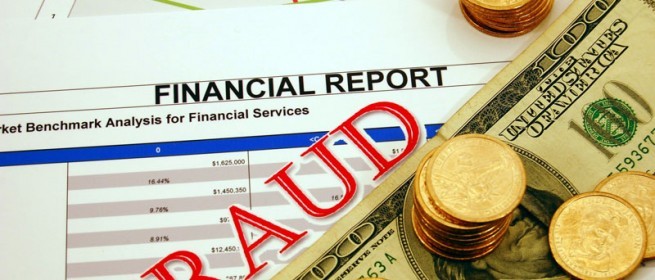
On May 24, 2022, the Public Company Accounting Oversight Board (PCAOB) announced that it has sanctioned Bo-Shiang (“Eric”) Lien, a former audit director and non-equity partner at BF Borgers CPA PC, for violations of PCAOB rules and standards in connection with the audits by BF Borgers of the financial statements of three public companies between 2017 and 2019.
Lien is a certified public accountant licensed by the state of Colorado (license no. 0030719). At all relevant times, Lien was an audit manager or director (non-equity partner) of BF Borgers and served as an engagement partner on issuer audits.
Since 2017, BF Borgers has been involved in providing audits for dozens (if not hundreds) of public companies.
The PCAOB found that Lien violated PCAOB rules and standards while serving as the engagement partner on BF Borgers’ audits of the 2019 financial statements of Chineseinvestors.com, Inc., the 2018 financial statements of United Cannabis Corporation, and the 2015 and 2016 financial statements of China Pharma Holdings, Inc. Read More
Resales of Restricted Securities By Non-Affiliates

Section 5 of the Securities Act of 1933, as amended (the “Securities Act”), requires that all offers and sales of securities be registered with the Securities and Exchange Commission (“SEC”) or exempt from SEC registration. When shares have not been registered with the SEC, investors receive restricted securities. Investors most often receive restricted securities in private placements that are exempt pursuant to Rule 506(b) or Rule 506(c) of Regulation D of the Securities Act.
In most circumstances, restricted securities are not subject to a Form S-1 registration statement under the Securities Act. Resales of restricted shares can be registered with the SEC on Form S-1 or other SEC registration statement. Investors with restricted securities may resell their shares publicly if they comply with the requirements of SEC Rule 144 of the Securities Act.
What Is the OTC Markets Expert Market? Securities Lawyer Blog

Most of the companies quoted on OTC Markets are not able to meet the minimum listing requirements for trading on a national securities exchange. Many of these companies do not file periodic reports or audited financial statements with the SEC, making it difficult for the public to find current, reliable information about those companies. Companies quoted on the OTC Markets are divided into four tiers, the OTCQX, the OTCQB, the OTC Pink and the Expert Market. Companies on the Expert Market provide the lowest level of disclosure in comparison to other OTC Market tiers. As a result, trading is limited to quotation on an unsolicited basis.
On October 15, OTC Markets reported that “2,247 former Pink No Information securities shifted to the Expert Market tier, where securities may only be quoted on an Unsolicited (customer order) basis. Quotes of securities in the Expert Market are “Unsolicited Only,” which means that trades of securities subject to unsolicited quotation in the Expert Market are only available to broker-dealers, institutions and other sophisticated investors, and not average investors.
The SEC’s amendments to Rule 15c2-11 became effective on September 28, 2021. Amended Rule 15c2-11 eliminated broker-dealer quotes of securities of issuers that fail to make current information publicly available. With the amendments to Rule 15c2-11, the OTC Markets Group Expert Market became the platform for broker-dealers to publish unsolicited quotes of securities designated as “No Information” securities. Typically, these are companies not subject to or not in compliance with SEC public company reporting requirements.
Because of the restrictions imposed on securities quoted on the Expert Market, most investors will not be able to publicly sell their shares. Additionally, they will not have access to bid and ask prices or other information, including trading volume. As such, Expert Market shares are illiquid.
Companies moved to the Expert Market from another OTC Markets tier can apply to relist on the OTC Pink or other OTC Markets tier by becoming an SEC reporting company, submitting a new Form 211, and meeting OTC Markets requirements for the particular tier.
SEC Obtains Final Judgment Against Former Pharmaceutical Company CEO Martin Shkreli

On February 23, 2022, the United States District Court for the Eastern District of New York entered a final judgment against Martin Shkreli, the former CEO of Retrophin, Inc., a publicly-traded pharmaceutical company.
The Court granted in its entirety the SEC’s motion for a permanent officer and director bar and $1.392 million in civil penalties. Shkreli previously consented to a partial judgment ordering injunctions against future violations of the securities laws.
The SEC’s complaint, filed on December 17, 2015, charged Shkreli with committing widespread fraud during a 5-year period while CEO at Retrophin and when he managed hedge funds. The complaint alleged that Shkreli misappropriated money from two hedge funds he founded and made material misrepresentations to investors among other misconduct.
SEC Proposes Faster Trade Settlement Times

The Securities and Exchange Commission voted on Wednesday to propose rule changes to reduce risks in the clearance and settlement of securities, including by shortening the standard settlement cycle for most broker-dealer transactions in securities from two business days after the trade date (T+2) to one business day after the trade date (T+1). The proposed changes are designed to reduce the credit, market, and liquidity risks in securities transactions faced by market participants and U.S. investors.
According to SEC Chair Gensler, the primary goals of the proposal are to reduce risk to the financial system and improve efficiencies in the market by shortening the standard settlement cycle, requiring affirmations, confirmations, and allocations to take place as soon as technologically practicable on trade date, and requiring clearing agencies that provide central matching services to have policies and procedures to facilitate straight-through processing.
Paul Pelosi Jr’s Adventures in Pennyland

In mid-January 2022, British tabloid the Daily Mail published a long story about U.S. House Speaker Nancy Pelosi’s son Paul Jr, in which it was alleged that he’d been involved in a number of shady businesses, some of them targets of Securities and Exchange Commission investigations and enforcement actions. The piece was subsequently picked up by the NY Post and several Republican political organs. We’ll take a look to see if there’s any fire to go along with all the smoke.
Paul Pelosi Jr is the only son of Nancy and Paul Pelosi; their other four children are daughters. (One of them, Alexandra, memorably said of her mother on CNN: “She’ll cut your head off and you won’t even know you’re bleeding.”) Like his siblings, Paul isn’t a kid; he’s 52 and has worked as an attorney and environmentalist since he was in his 20s. He graduated from Georgetown University and has been a member of the California Bar since 1996 and a California real estate broker since 2002. He’s been fairly low-profile in his business and personal life. His sisters Christine and Alexandra are better-known.
At LinkedIn, Paul lists Due Diligence, Corporate Finance, Start-ups, Corporate Development, Venture Capital, New Business Development, Investment Banking, and more as “skills” he possesses, and at which he presumably excels. Early in his career, he worked for Bank of America, but more recently, he’s been associated with smaller enterprises, some of them startups. As everyone who follows the OTC market knows, that choice can present its own dangers.
The Mail says that Paul “was involved in five companies probed by federal agencies—but has never been charged himself,” adding that “[a] shocking paper trail shows Paul Pelosi Jr.’s connections to a host of fraudsters, rule-breakers and convicted criminals.”










